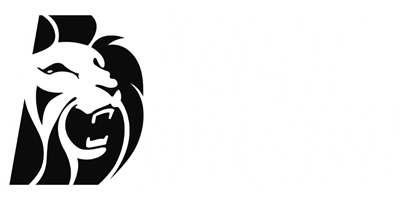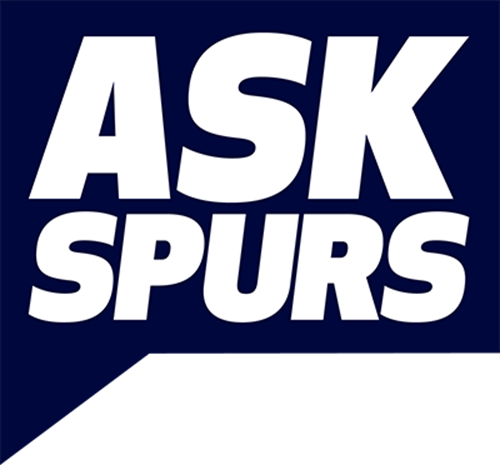Tottenham Hotspur (Spurs) Football Club is located in North London. The club is also known as Spurs. Tottenham's home ground is White Hart Lane. The club motto is Audere est Facere (To dare is to do).
| RALPH COATES | |
|
Ralph Coates has no doubts about his greatest football memory and does not have to venture far to be reminded of the moment when he joined the select group of Spurs heroes who have notched cup final winning goals beneath Wembley's twin towers. As a regular matchday host in the Legends Lounge, Ralph is treated to regular re-runs of his effort against Norwich City in the 1973 League Cup final and, years on, he is never allowed to forget it. |

|
|
"We got a throw and Martin Chivers took one of his long ones. Alan Gilzean flicked it on and as I was running on the edge of the box, I thought 'blimey, keep it down'. I did and it went into Kevin Keelan's bottom corner. They couldn't catch me, and when I've seen it on the big screen at The Lane I'm embarrassed, thinking to myself: 'I didn't do that, did I?' "It was a terrific moment though, and my fan mail trebled. Afterwards you realised how much it meant to people and even now when people see it they clap and cheer." Born in Hetton-le-hole, County Durham, Ralph was spotted by legendary northeast scout Jack Hixon - the man who later unearthed Alan Shearer. Burnley boasted the finest youth system in the land in those days and, at 17, Ralph signed as a professional at Turf Moor in 1963. Quickly establishing himself, Ralph made 216 appearances in eight seasons at the Lancashire outfit during which time he became club captain and played eight times for England under-23s, before Alf Ramsey awarded him the first of four full England caps against Northern Ireland at Wembley in April 1970. Burnley were relegated from the old first division in 1971, an event that enabled Nicholson to pounce for the skilful midfielder-cum-winger. "I got a phone call from Jimmy Adamson, Burnley's manager, desperate to get me to the ground. Unknown to me Burnley had agreed a fee of £190,000 with Tottenham and I went to Stone in Staffordshire to meet Bill. "I heard the fee and said 'don't be stupid, no player is worth that'. It was the record straight cash deal at that time. It was an emotional moment because I'd been at Burnley so long, but I agreed everything with Bill and one of the biggest pulls was that Spurs had won the League Cup and were in Europe." Ralph admits that Joining Spurs was a shock to the system at first. "The culture was totally different, we had a young side at Burnley but, through experience, I was a fatherly figure there. The I came to Spurs which was a team full of stars, a dressing room full of internationals. He did not anticipate European success coming quite so quickly as Spurs defeated Wolves 3-2 on aggregate to lift the UEFA Cup in 1972. "I was shell-shocked. It was my first European medal and the dream had come true. We didn't set the world alight domestically but the UEFA Cup seemed exciting. Myself included, we seemed more motivated. "If someone had said I would have a UEFA Cup winners medal I'd have said 'thank you', but, if I'm honest, in my first season at Spurs I was below standard. I was playing on the right wing and relying on other people for service, so I had a word with Bill at the end of the season. "He put me in midfield and after I scored the goal against Norwich at Wembley things changed and I enjoyed my time at Spurs brilliantly. Spurs defence of the UEFA Cup ended at the semi-final stage against Liverpool, but the side reached another final in the 1973-74 season, but lost in Rotterdam to Feyenoord in a match marred by crowd trouble. Four games into the following season Bill Nicholson resigned. "it was a bombshell because his record speaks for itself and he signed me. For me, Bill could have gone on for years, he was a fantastic manager. After failing to clinch a move to America, Ralph left for Leyton Orient in 1978 where he spent two years as player-coach. He stepped out of football in 1981 and became recreation manager with the London Borough of Barnet. He is now general manager at the Marconi Athletics and Social Club in Chelmsford, Essex. Extracted from a Spurs Monthly feature by Neale Harvey. |
|




